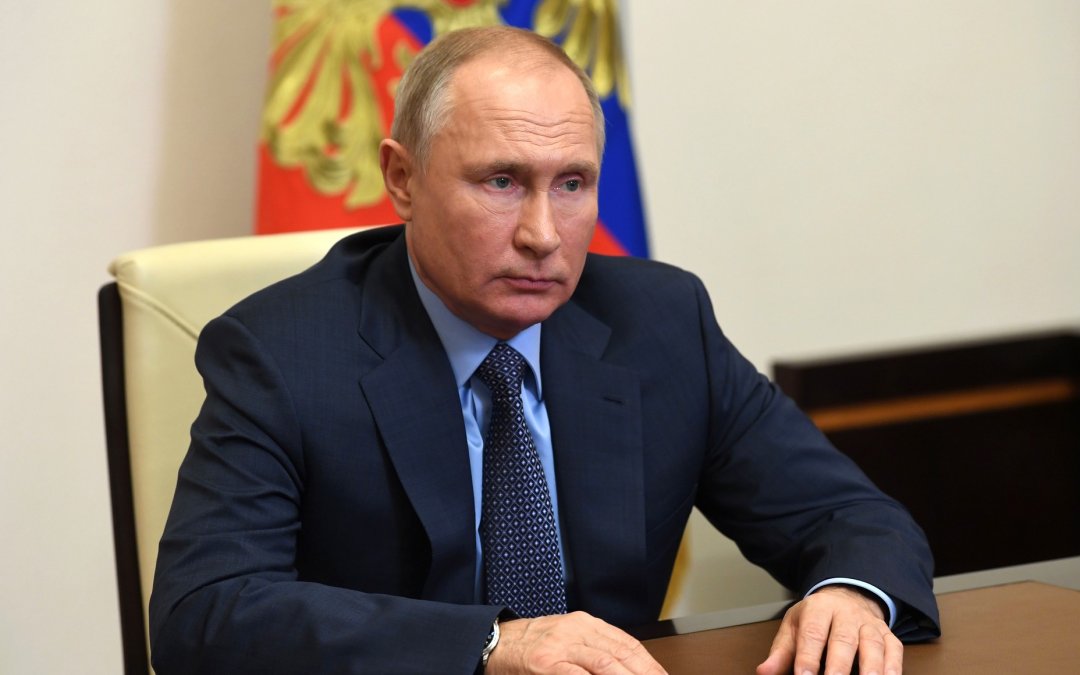WASHINGTON — Bipartisan senators on a Foreign Relations subcommittee on Wednesday said they were concerned about the ability of grain shipments to be shipped from Ukraine to the rest of the world after Russia engaged in a naval blockade and dropped out of a grain deal.
Sen. Jeanne Shaheen (D-N.H.), who leads the Subcommittee on Europe and Regional Security Cooperation, said Russian President Vladimir Putin sees the Black Sea as “part of his empire.” Shaheen said Putin has exploited the Black Sea as a way to wreak havoc on not just Ukraine, but the world.
“By weaponizing the export of Ukrainian grain through the Black Sea, Putin has already shown his willingness to bring the world to the brink of a global food security crisis,” Shaheen said.
In August, a temporary corridor opened in the Black Sea, allowing Ukraine to export 700,000 metric tons of grain, according to the Kyiv Independent. Ukrainian vessels traveled along the coastlines of NATO members Romania and Bulgaria, which provided security from Russia’s blockade. Questions remain, however, whether that corridor can keep shipments flowing.
The senators heard from James O’Brien, assistant secretary of state for European and Eurasian affairs, who outlined resources that the United States has offered to allow the grain shipments to continue.
The U.S. has sent almost $370 million to help fund fleet marine forces to Romania and Bulgaria, along with a brigade combat team to Romania. O’Brien said these resources will ensure Romania and Bulgaria can continue supporting Ukraine.
The subcommittee’s ranking member, Sen. Pete Ricketts (R-Neb.), commended Romania and Bulgaria’s commitment to help Ukraine but said this was no excuse for the U.S. to rest on its laurels.
“Despite the region’s recent successes, we cannot allow ourselves to fall into complacency,” Ricketts said. “Russia has failed in its goals on the battlefield, but it has also shown its ability to adapt.”
The Black Sea has emerged as a critical battleground in the Russia-Ukraine War. On Tuesday, Ukrainian President Voldymyr Zelenskyy said the country will continue its military pressure in the northern Black Sea near Crimea, a Ukrainian territory Russia annexed in 2014.
On the same day as Zelenskyy’s announcement, Russia claimed it had sunk three Ukrainian ships off the Crimean coast, according to Al Jazeera. In addition to military hostility, the Black Sea has become a theater for Russian sabotage of Ukrainian commercial interests.
In July, Russia suspended its participation in the Black Sea Grain Initiative, an integral asset to Ukraine’s wartime economy. The initiative allowed Ukraine to ship over 32 million metric tons of grain and foodstuffs worldwide during the war. According to the State Department, these shipments went to African and Middle Eastern countries that face severe food insecurity.
Ricketts said long-term security in the Black Sea hinges on “unwavering American support.” Shaheen echoed this sentiment, citing the necessity of passing President Joe Biden’s funding proposal, which includes more than $60 billion in additional aid to Ukraine.
O’Brien said U.S. aid to Ukraine has helped the country protect its export routes in the Black Sea.
“We’ve seen Ukraine drive off Russia’s Black Sea fleet with the use of drones and other new tactics,” O’Brien said. “Much of what we’re providing to Ukraine does go to providing real security in the Black Sea region.”
Ongoing American partnerships with local navies is key, O’Brien said, because Turkey doesn’t allow U.S. warships directly into the Black Sea.
Ricketts said Turkey has delivered “mixed messages” on whether the country supports Russia or Ukraine. The senator said Turkey has supplied Ukraine with crucial weaponry, but it has also cut deals with Russia, helping the nation avoid sanctions.
However, O’Brien said the risk of becoming alienated from Western democracies will prevent Turkey from completely allying with Russia.
“It’s also clear that (the Turkish government) does listen to us when we are concerned that they are tilting too far in a way that would make them vulnerable to Russian pressure.”
O’Brien said the focus should remain on the U.S. increasing security cooperation in the Black Sea. This helps bolster Ukraine’s economy, a strategic move in the long term, O’Brien said, because Ukraine will be better equipped to recover once the war ends.
Shaheen said Ukrainian victory in the Black Sea would be a decisive step in ending the Russian threat of global domination. Failure to check Putin’s influence in the region would have dangerous ripple effects on democracies worldwide, Shaheen said.
“What happens in the Black Sea doesn’t stay in the Black Sea.”


